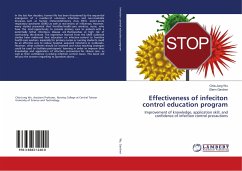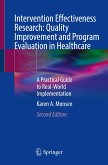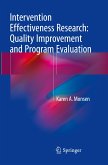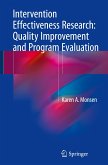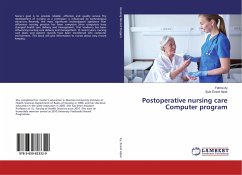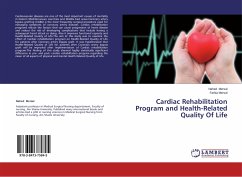In the last few decades, human life has been threatened by the sequential emergence of a number of unknown infectious and non-treatable diseases, such as human immunodeficiency virus (HIV), severe acute respiratory syndrome (SARS) as well as real strains of influenzas. However, many studies presented that frontline health-care workers, nurse, who have the most opportunity to provide primary care to patients with a potentially lethal infectious disease are themsevelves at high risk of contracting the disease. The experience learned from the SARS outbreak studies have evidenced that education on infection control to frontline health-care workers, especially for primary nurses or nursing students could be an effective way to reduce hospital- acquired infections or outbreaks. However, what contents should be involved and what teaching strategies could be used to facilitate participants' learning in order to improve their knowledge and application of infection precautions for clinicalcare, as well as their confidence in solving infection control issues. This book will tell you the answers regarding to questions above....

